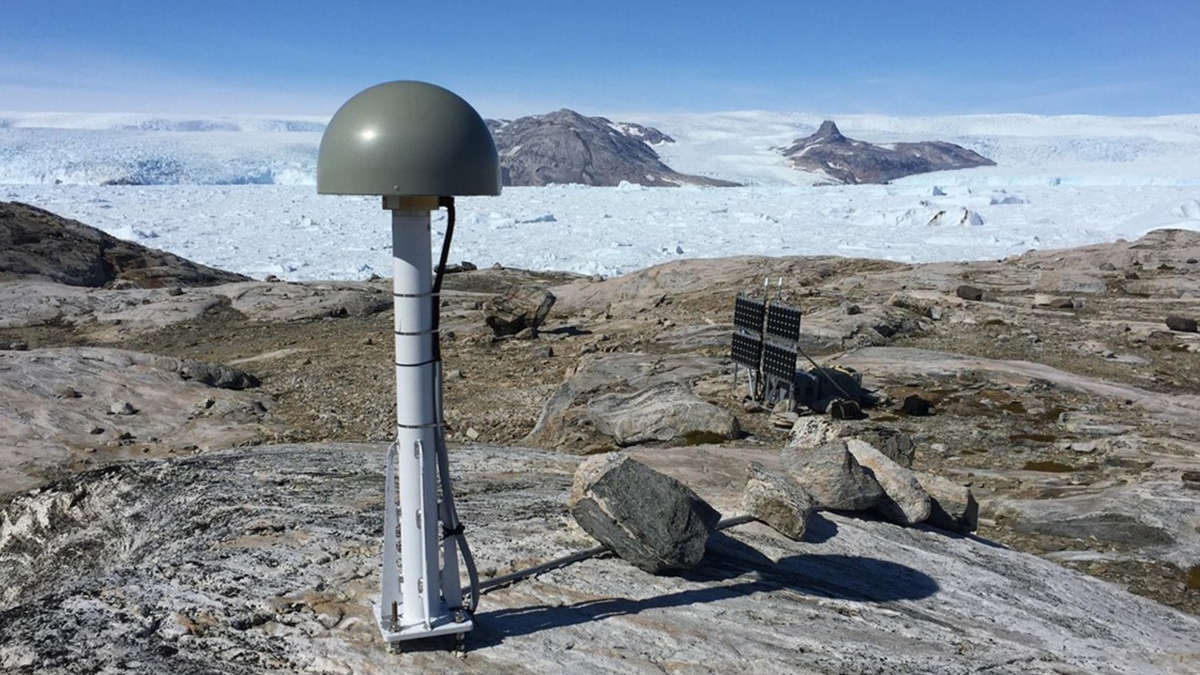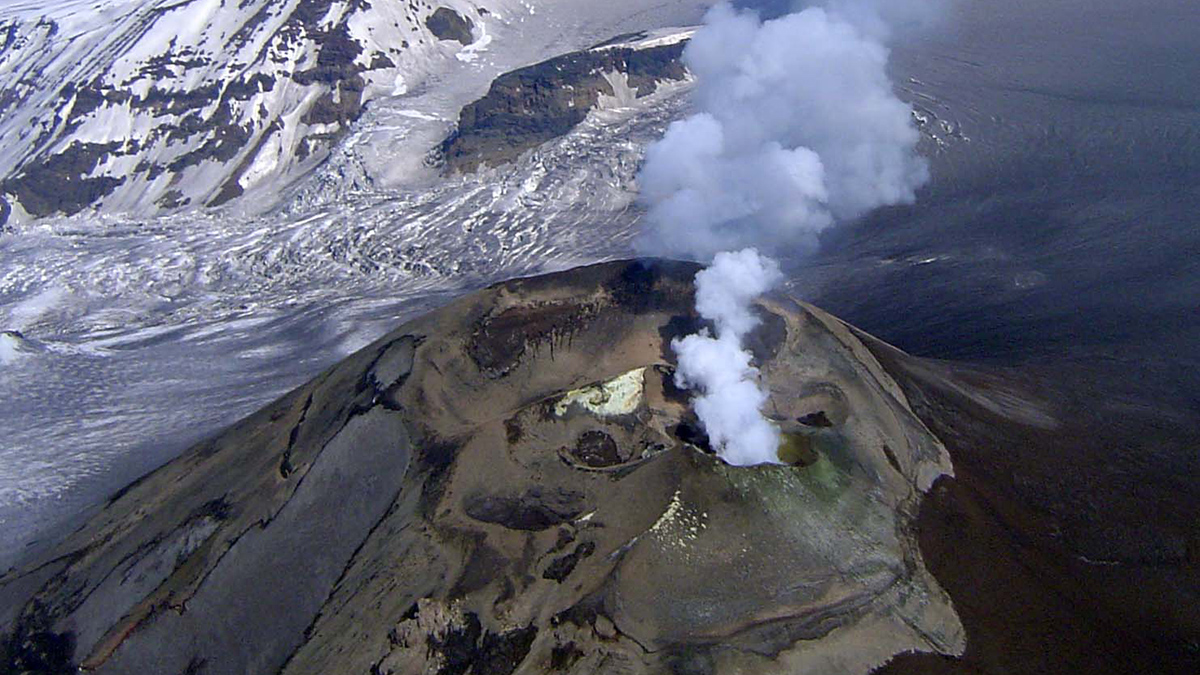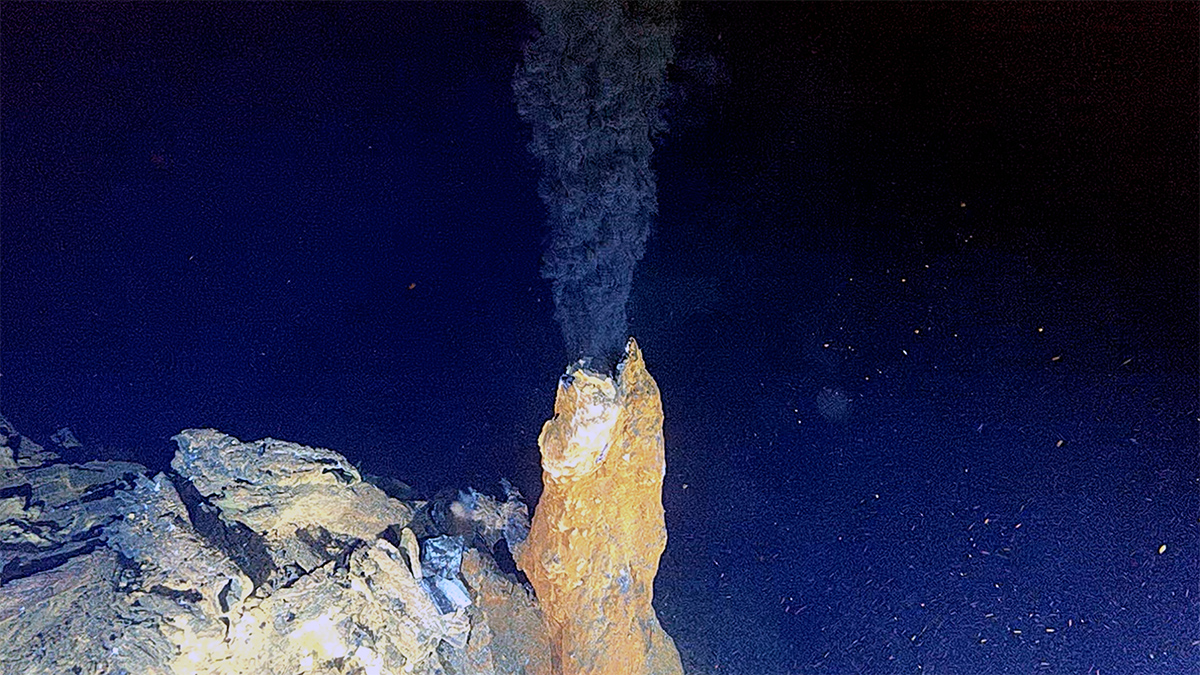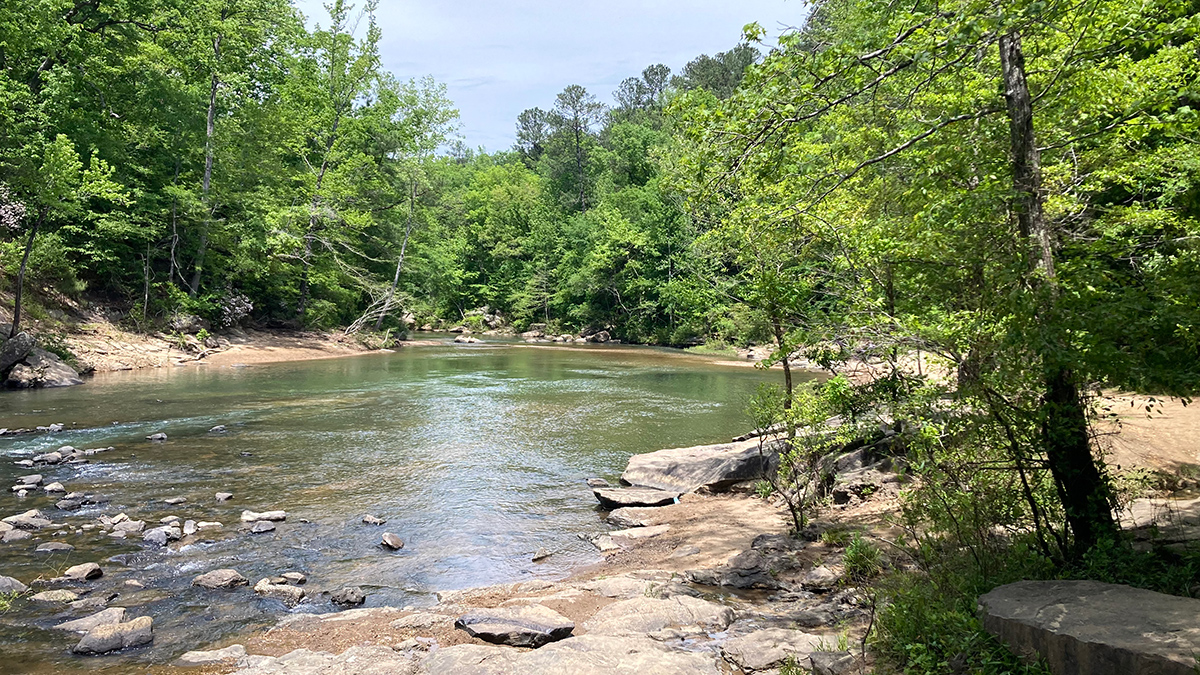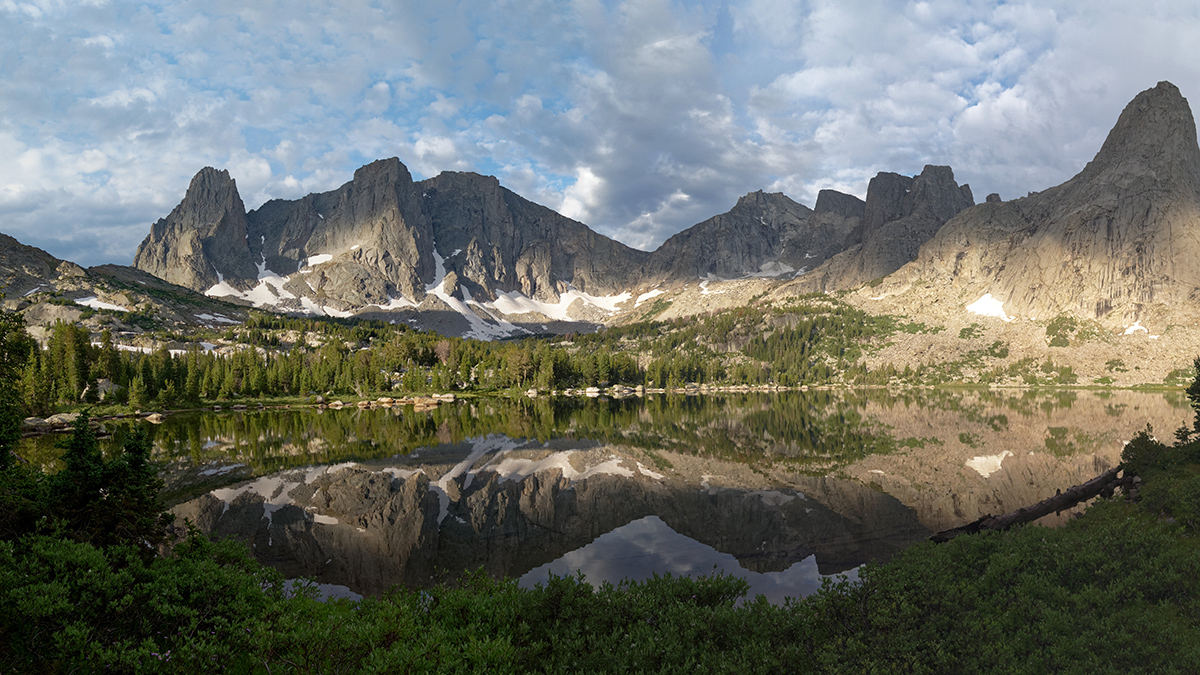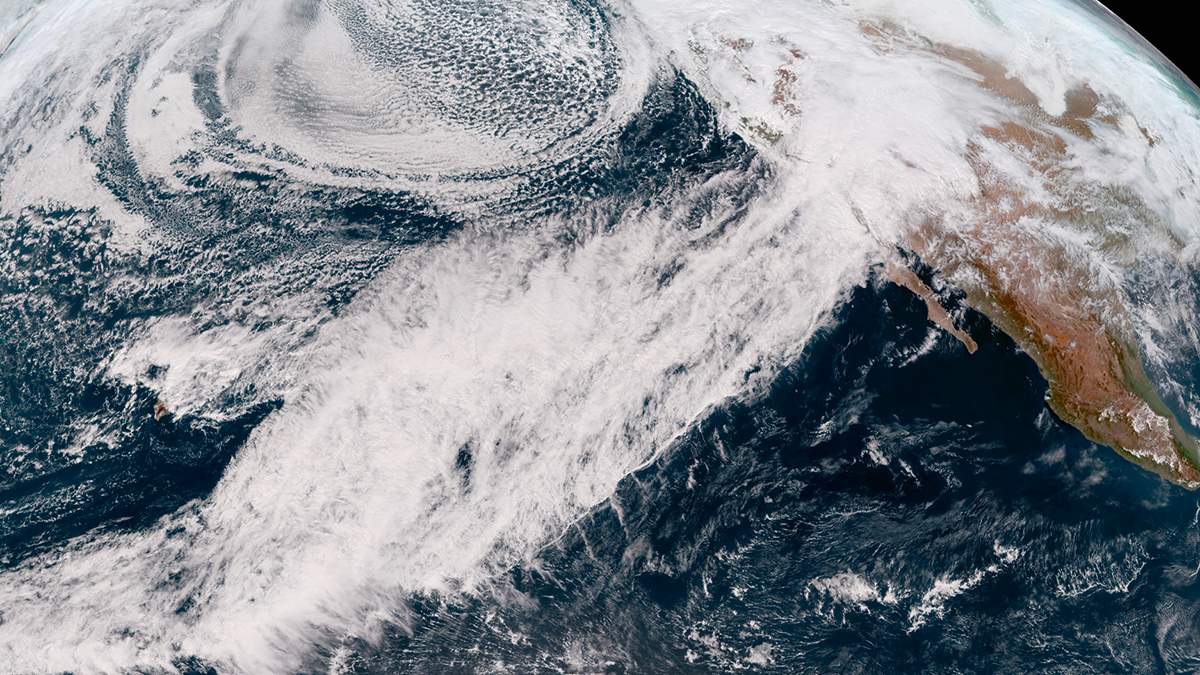A planetary collision 1,800 light-years away birthed a body that has cooled in unexpected ways.
News
Greenland Ice Sheet Stores Hidden Water Throughout the Melt Season
A new method uses stations around Greenland’s coast to measure how much meltwater weighs down the bedrock beneath the ice, improving our understanding of its contribution to sea level rise.
Alaska’s Mount Veniaminof Volcano Is Stealthy—Here’s Why
New research explains why Mount Veniaminof erupts without the usual warming signs.
Climate Change Amplified the Effects of Extreme Rainfall in Nepal
A new study indicates that rapid urbanization and deforestation also contributed to devastation caused by floods and landslides in 2024.
Arctic Hydrothermal Vents May Resemble Those on Enceladus
By studying hydrogen-rich vent sites on Earth, scientists could learn more about the hidden ocean of Saturn’s icy moon—one of our solar system’s likeliest candidates for harboring life beyond Earth.
Mobile Bay Has More Branching Brooks Than Shown on Federal Maps
A more accurate charting of the full extent of stream networks will help land managers better protect U.S. creeks and rivers.
La falta de datos sobre la calidad del agua es una forma de injusticia ambiental
Hay escasez de información sobre la salud de los lagos en las comunidades marginadas.
DNA in Lake Sediment Reveals the Impact of Introduced Fish
Non-native trout have altered the diversity of zooplankton that live in high-elevation lakes.
Climate Change Is Driving Dangerous Bacteria Farther North
Satellite data could help address rising rates of vibriosis infections, often the result of eating undercooked seafood, along the East Coast of the United States.
California Storms Recharged Watersheds, Geodesy Data Reveal
The atmospheric rivers that soaked the state in early 2023 released enough water to warp the ground and douse a deep drought.


